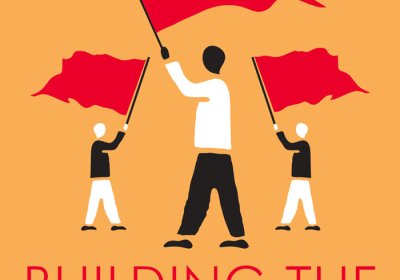The government of Hugo Chavez, who was first elected in 1998, helped lead the Bolivarian revolutionary process that made impressive social gains by redistributing oil wealth and promoting participatory democracy.
Since Chavez’s death in 2013, the Bolivarian government led by President Nicolas Maduro has faced mounting problems. In recent times, a worsening economic crisis has undermined the revolution’s gains and, along with political gains by the counter-revolutionary opposition, has raised questions about the survival of the revolution.











